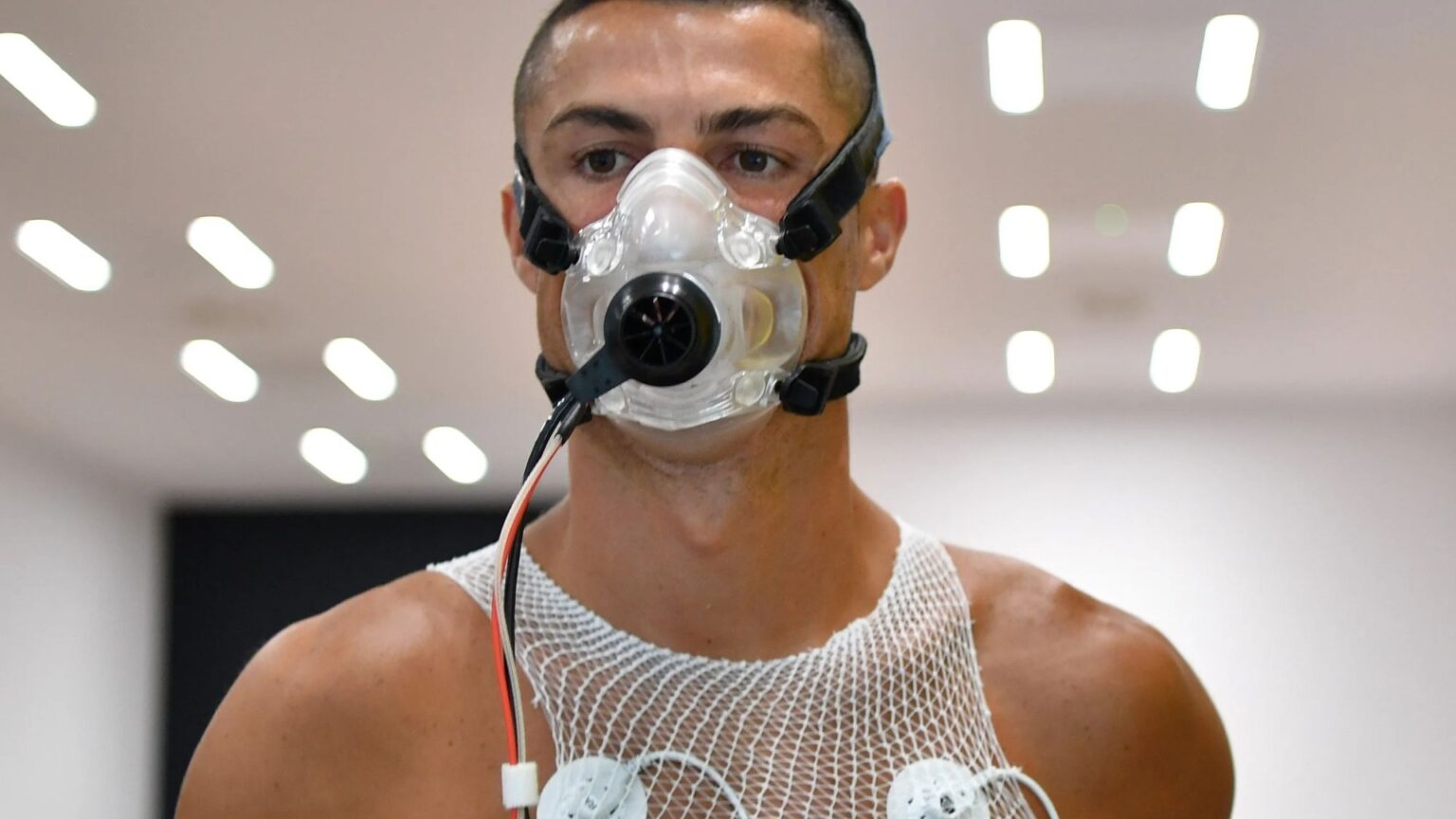A FOOTBALLER performing a medical is a key component in the process of a transfer as it ensures the player is suitable to purchase.
It involves a comprehensive assessment of the player’s physical condition and overall health.
A medical will happen just before a player signs for a new club.
They are in place so the buying club is aware of any existing injuries or fitness issues with the player.
What happens during a medical?
The first stage is to undergo all pre-medical assessments.
This consists of looking into the player’s medical history, injury record and any ongoing conditions.
Any player with a background of injury issues will be sent for an ultrasound scan to help assess their muscles and joints.
Baseline measurements such as height, weight, body composition, blood tests and vital signs are also taken at this stage.
From there, the key stages covered in a medical are the heart and health, musculoskeletal stability, isokinetic issues, deep scanning, body fat score and an ergometric sprint test.
To examine the heart, cardiac screenings are used- urine samples will also often be required to test for issues like diabetes.
The musculoskeletal stability stage ensures the player’s mobility, muscle strength, and overall musculoskeletal health are all assessed and cleared.
Body fat is monitored through Bioelectrical Impedance technology which send electric signals through the body to measure fat and lean tissue.
Most professional footballers will be expected to have around 10 per cent body fat.
Finally, sprint tests are taken to examine the players speed over a certain distance, this could be used to distinguish if they are quick enough to play in the role the team needs them to.
Is the deal affected if the player fails a medical?
Surprisingly, a footballer does not fail or pass a medical.
The player will merely complete the process and it is down to the buying club whether they want to complete the transfer based on their results from the test.
If the medical unravels a underlying medical condition, a serious injury risk or an issue with overall fitness, then the club could decide to back out of the deal.
Physiotherapist Gary Lewin, formerly of West Ham United, Arsenal and England, said: “You don’t pass or fail a medical.
“What you’ve got to think of a medical as if it’s a risk assessment.
“So the board comes to you and says, ‘We’ve got a commodity that’s worth £60million and we want to give him a four-year contract and pay him £10 million a year, so you’re looking at a £100 million investment. What risk are we taking?”
Read the full article here

